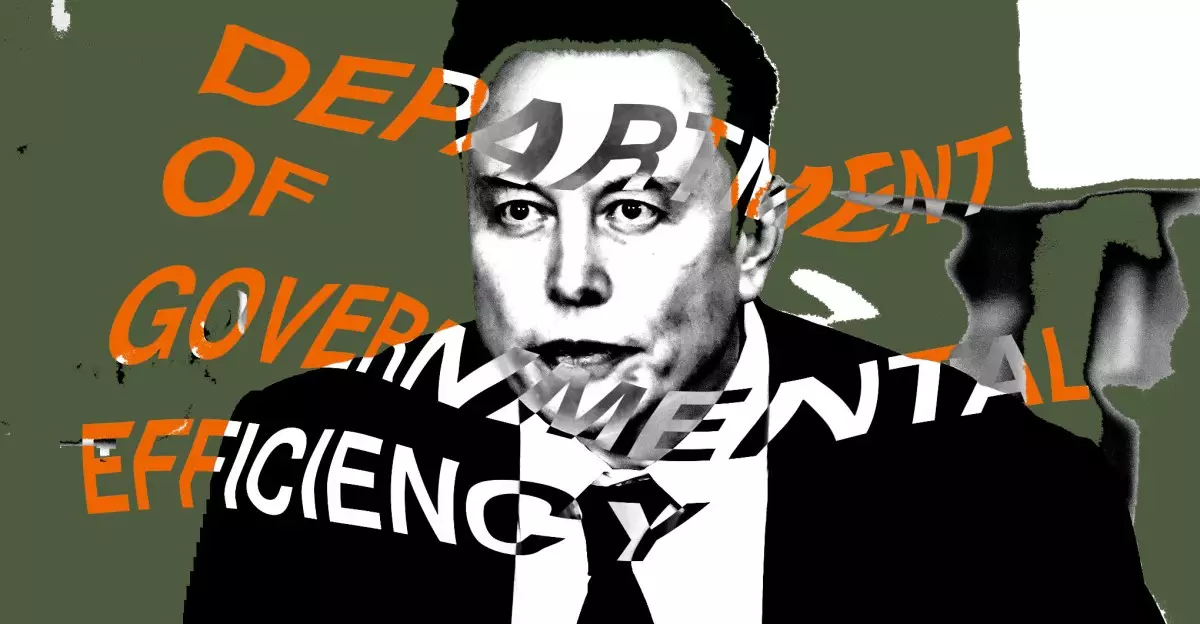The recent email dispatched to federal employees on a Saturday has ignited significant controversy and concern within the workforce. The message, originating from the Office of Personnel Management (OPM), requested employees to submit bullet points detailing their accomplishments from the previous week. The deadline was set for 11:59 PM ET on the following Monday, giving employees little time to comply. Elon Musk’s involvement added another layer of intrigue, as he claimed via Twitter that this email was an effort to gauge federal productivity. However, his involvement raises serious questions regarding the legality and morality of such demands.
One key issue surrounding this initiative is its legal standing. Musk reportedly stated that failure to respond would be interpreted as a resignation. This assertion has raised alarm among legal experts, some of whom indicate that such a stance is not only unreasonable but potentially unlawful. Professor Sam Bagenstos from the University of Michigan highlighted that there is “zero basis in the civil service system” for such a directive, suggesting that it undermines the rights and protections afforded to federal employees. Further complicating matters, House Minority Leader Hakeem Jeffries took a strong stance against Musk, asserting that the billionaire has “no legal authority” to impose these demands.
The timing and nature of this request are particularly troubling for the civilians who serve in various governmental capacities. Many are already coping with the stress and complexities inherent in their jobs, and an email like this serves to elevate anxiety rather than foster a productive work environment. Employees might feel pressured to exaggerate their achievements or scramble to meet an unrealistic deadline. This sends a chilling message that performance evaluations could hinge on arbitrary self-reporting rather than established metrics.
This situation mirrors Elon Musk’s management style at Twitter, especially following his acquisition of the platform. He previously instructed employees to prove their value through deliverables and threatened those who fell short. Such tactics raise ethical concerns in a government context, where accountability and responsibility should be grounded in fair employment practices, rather than based on fear. By enforcing a corporate mentality in federal employment, Musk risks demoralizing a sector essential to the functioning of the nation.
Ultimately, Musk’s foray into federal employment dynamics highlights a troubling trend where entrepreneurial ideologies bleed into governmental standards. The attempt to “root out fraud” without proper channels can lead to unintended consequences—not just for federal employees, but also for the public at large. Government agencies require stable and capable personnel to function effectively, and initiatives that undermine employee trust could destabilize essential services. As this situation unfolds, a critical analysis of management practices in both private and public sectors is essential, reminding us that every organizational approach must respect the foundational principles of fair employment and legal rights.


Leave a Reply